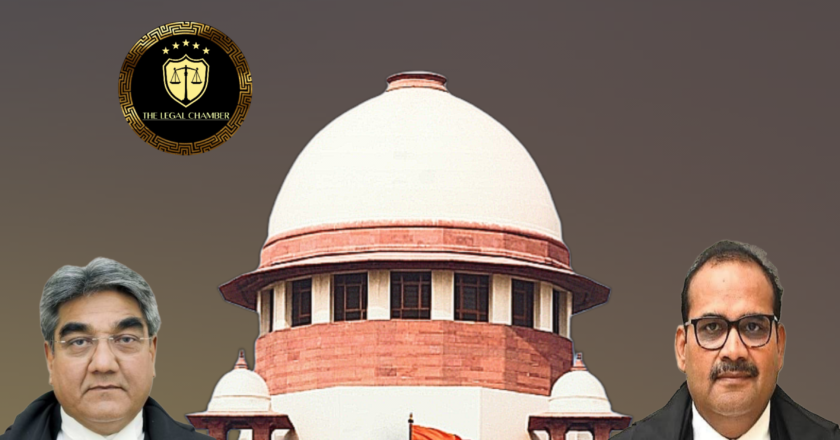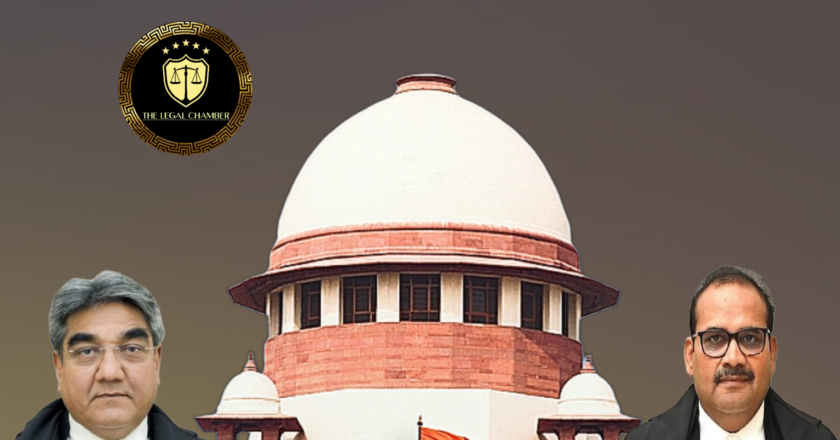Supreme Court Rules: “Vacancies Can Increase After Advertisement” – Quashes Illegal Terminations from 2008
The Supreme Court held that appointments made in excess of originally advertised vacancies are permissible under the rules if filled from a valid waiting list within a reasonable period, typically the recruitment year or the succeeding year. Terminations based solely on the "excess vacancy" ground were found unjustified when such appointments align with the recruitment rule's intent and the advertisement's stipulation that vacancy numbers were subject to change.
Facts Of The Case:
The case involved four appellants who were appointed to Class IV posts in the District Judgeship of Ambedkar Nagar, Uttar Pradesh, in 2001 against an advertisement that notified twelve vacancies but included a rider that the number of posts could increase or decrease. In 2008, their services were te...









